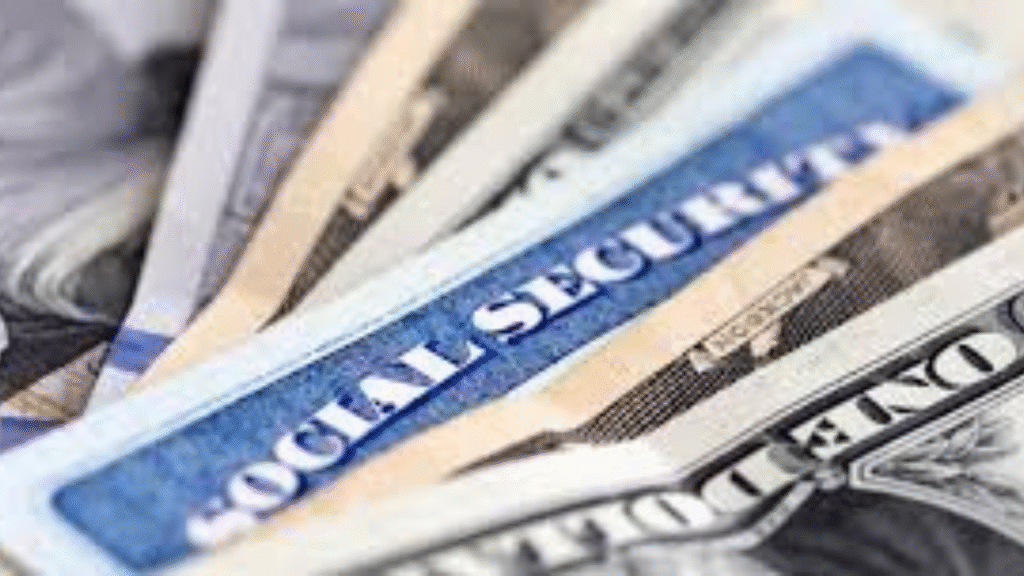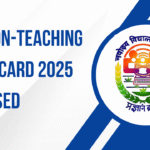major policy reversal, the Social Security Administration (SSA) has announced an “emergency message” significantly changing how it recovers overpaid benefits. The move comes after months of backlash from beneficiaries and advocacy groups who criticized the agency’s previous overpayment recovery practices, which in some cases left recipients with no monthly income.
The Policy Change
As of April 25, 2025, the SSA will no longer withhold 100% of a beneficiary’s monthly Social Security payment to recoup overpayments. Instead, the agency has capped the default withholding rate at 50%, providing much-needed relief to seniors and people with disabilities who depend heavily on these funds.
The emergency message, shared internally and with policy staff, directs all field offices to implement the new withholding policy for any overpayment notices issued on or after April 25.
This change will reduce the financial strain on vulnerable Americans while ensuring responsible debt recovery,” the SSA said in a public announcement on its blog.
Background on the Clawback Controversy
The clawback issue stems from overpayments instances where the SSA pays beneficiaries more than they are entitled to, often due to administrative or data processing errors. While overpayments are not uncommon, the practice of demanding full and immediate repayment has triggered criticism and legal scrutiny.
In March 2025, the SSA had reinstated a long-standing policy that allowed the agency to recoup the entire monthly benefit amount from recipients who had been overpaid. This meant some individuals received no payment at all for months, which led to a wave of public outcry and congressional concern.
The SSA’s own Office of the Inspector General reported that in 2022, nearly 73,000 overpayments were caused by agency errors, not beneficiary misconduct.
Many beneficiaries were caught off guard by repayment notices, which often arrive with little explanation and offer limited time to respond. The practice has left some seniors choosing between essentials like food and medication, or legal appeals against a powerful federal bureaucracy.

New Appeal and Waiver Procedures
In addition to adjusting the withholding amount, the SSA is also urging affected recipients to utilize available protections:
- 90-day window: Beneficiaries have 90 days from the date of the overpayment notice to request a waiver, reconsideration, or a lower withholding rate.
- No recovery during appeal: If an appeal or waiver is filed, the SSA does not begin recovery efforts while the request is under review.
Supplemental Security Income (SSI) Remains Protected
Importantly, the change does not affect individuals receiving Supplemental Security Income (SSI). These beneficiaries will continue to have their overpayment recovery capped at 10%, a safeguard that was introduced in 2024 to shield the most vulnerable Americans.
According to the SSA’s SSI Program Rules, this lower rate reflects the typically lower income levels of SSI recipients.
Advocacy and Political Pressure
Advocacy organizations, including the National Committee to Preserve Social Security and Medicare, have applauded the rollback of the 100% clawback policy but argue that more reform is needed.
Even a 50% reduction can devastate low-income seniors and people with disabilities,” said one spokesperson. These overpayments are often the fault of the SSA, not the individual.
Some lawmakers are now calling for further safeguards, including automatic waivers for low-income individuals and more transparent SSA communications.
Senators on the Senate Special Committee on Aging have also proposed hearings into the agency’s overpayment procedures, noting the high volume of complaints and confusion.
What You Should Do If You Receive an Overpayment Notice
If you receive an overpayment notice from Social Security, experts recommend the following steps:
- Do not ignore the letter. Failing to respond may result in automatic withholdings.
- Review the notice carefully. Make sure the amount and reason for the overpayment are correct.
- Request a waiver or appeal if you believe the overpayment was not your fault or that repayment would cause hardship.
- Call the SSA at 1-800-772-1213 or visit www.ssa.gov for help navigating the process.
The agency has said it is working to improve its communication with beneficiaries and will provide more consistent information about overpayment rights and options.
Final Thoughts
The SSA’s emergency policy update is a direct response to rising public and political pressure. While the shift to a 50% withholding rate provides some relief, many advocates believe that further reforms are essential to prevent future harm.
For now, beneficiaries are encouraged to stay informed, understand their rights, and seek assistance if they believe they have been wrongly overpaid or unfairly treated.









